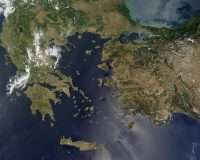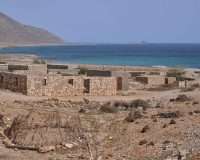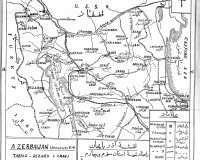Tension between Greece and Turkey reaches new heights
Over the past two months, the tension in Greek-Turkish relations has reached new heights. What triggered it seemed to have been the age-old Turkish claims concerning the continental shelf delimitation and the total demilitarisation of the Greek Islands in the Eastern Aegean.




